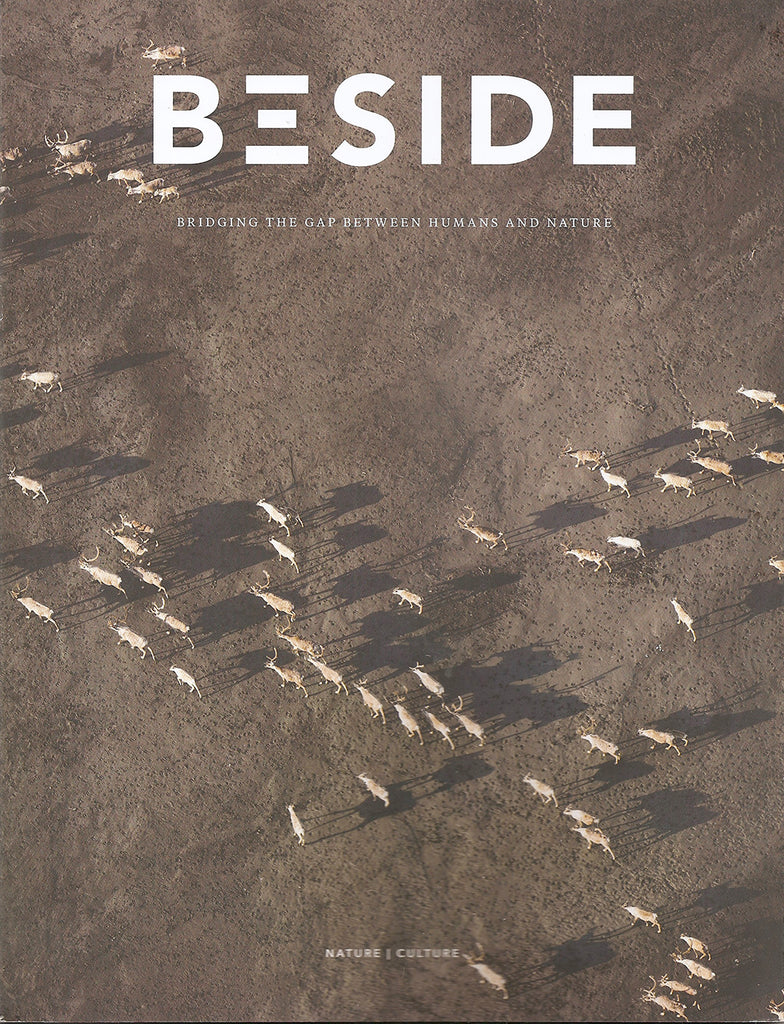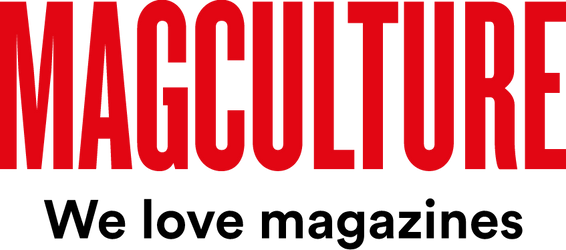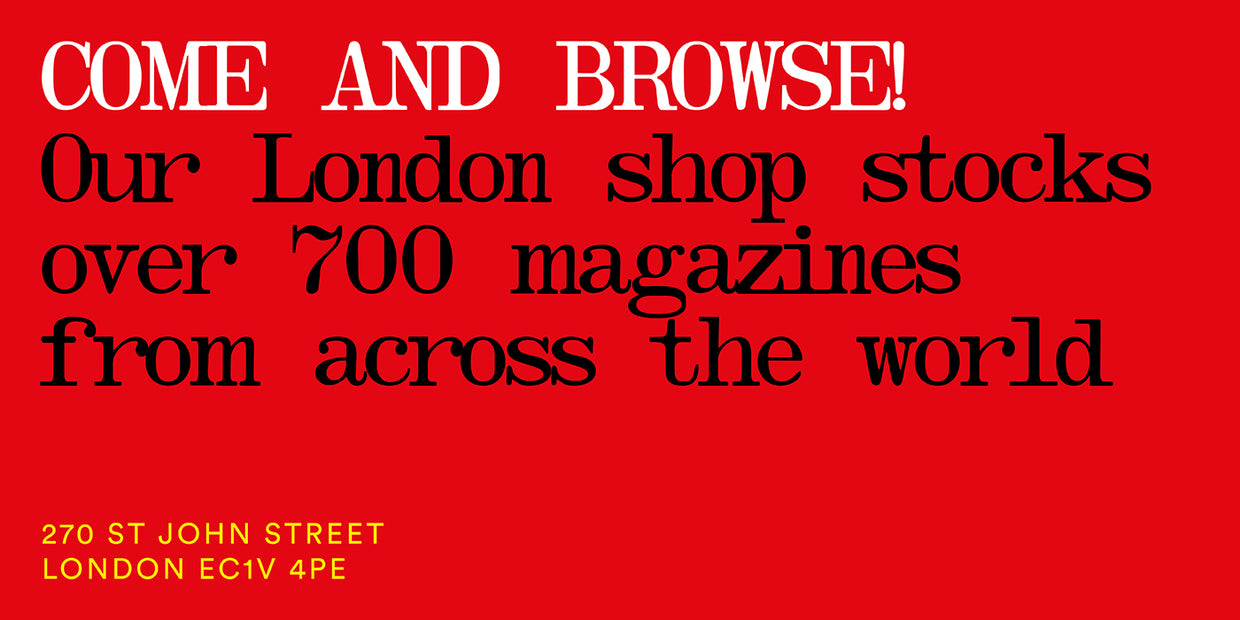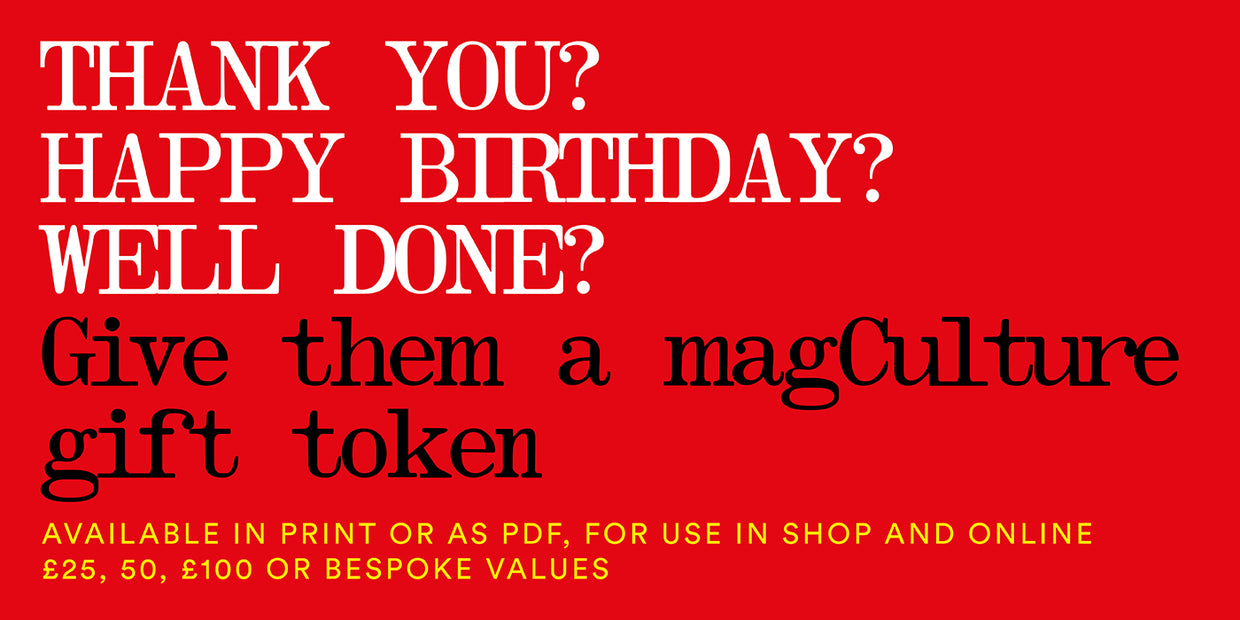
Yara Akkari, Open Spaces
While working in renewable energy in developing countries, Yara Akkari developed a love for travel that saw her launch Open Spaces magazine last year.
The magazine links travel and art, and commissions local writers and photographers to tell stories from way beyond the usual travel destinations. As such it’s a truly unique publication. Each issue is themed: issue one concerned land art, and the recent second issue looks at how the past informs the future.
What are you up to this morning?
I work from home. My husband and I recently moved to Brooklyn and I can now hear the birds every morning from home, which is a big change from our previous place in Soho!
Before I get to my desk though, I always do a morning walk in my neighborhood or do my yoga Mysore series at home, followed by a fresh brewed cup of pour over coffee, which I usually first sip on my balcony, listening to the news, or just chatting with my friends on the phone who I can easily catch in the morning my time (US), because most of my closest friends are based in Europe.

Describe your desk and your work space.
I recently bought a vintage Helmut Magg designed danish design desk from Somerset House. I love it!

My office has a big window, floor to ceiling, the view gives on a tree, and the townhouses in front. It feels a bit like a working from a tree house. It’s very quiet and peaceful. I usually play the Discover Weekly playlist on Spotify, it’s a way for me to discover new songs and artists. I always save the ones I like, and then create playlist for my road trips.

Which magazine do you first remember?
The first magazine I remember buying regularly when I was young was the French edition of Elle. I also loved stealing the Figaro Madame from my parents with the weekend newspaper issue.
I was always into fashion and travel. But I guess the travel part took over growing up!
Which magazine matters to you the most this morning?
I love the New York Times Magazine online, because it has a good mix of articles related to the news, to art and culture.

As far as print magazines, I enjoy going through the pages of magazines that inspire me such as Beside, Drift and Apartamento. Anything that sparks my curiosity that morning. I love discovering new content, and new prints.
What’s your favourite open space?
My favorite open spaces are landscapes like the Pacific Northwest landscape—dramatic, ocean, tall trees. The more dramatic a landscape, the more it makes me feel we are so small next to the power of nature.

Describe Open Spaces in three words.
Connection. Journey. Land Art (that’s probably one of the things that inspired me the most to start) All of that combined with nature!
The magazine has stories from across the world—Peru, Japan, Lebanon to note three countries in issue two. How do you discover, commission and manage these?
I usually think about a topic which could be a place, a person, a story, and decide on the angle that see fits with our concept for the magazine. Then, things usually unfold very naturally. I’m either introduced to a writer, or a photographer, or I just find one on the way, as we dive into the topic.
Many people ask me how I find them, but for me it’s actually very similar to travelling: I do my research, but also leave lot’s of room for the unexpected too (someone I meet on the road, a stop that I didn’t foresee, a local tip, … etc..).
What matters to me the most is that the writer and the photographer have somehow a connection to the place. It’s very important that they do, and this can be felt throughout the content and the photos.
We are a small independent magazine anyway so we don’t have budget to fly people to places, or hire expensive freelancers, therefore we try to provide a platform for a young generation of writers and photographers who are excited to have their work printed. And it usually works!
Your reports are notable for their positive approach to the human race's relationship with the land. Do you worry that by popularising these special places they'll become spoiled by visitors?
Yes, I always worry about that. That’s why for me it was always important to portray a place through its own particular story. I choose for example to write about homes that you can rent but that are not only homes, but places where you can actually connect with the owners, and locals, for example one in Westerly Rhode Island owned by an amazing musicians couple. What they tried to do there, and what I am trying to convey in the article, is this notion of building a community with values and respect.
Also, by starting a print magazine rather than a blog, or anything else, I wanted to put the focus on the journey, the unexpected, the unpredictable. It’s much more fun to leave room for that, especially in today’s world where people get everything in just a click or a swipe!

Highlight one story that sums up the magazine.
Hard to pick one story that sums up the magazine, I would say though that in our second issue we have a story on Lebanon (above), country sadly known for the wrong reasons (war, poverty, political instability) but unknown for it growing outdoor community which includes surfers, skaters, hikers, snowboarders (yes, you have sea and mountains in Lebanon)! So, the story is putting a light on the Lebanese Mountain Trail which is a hiking trail that goes all the way from south to the north of the country, and the people behind it.

Another one from this second issue which I feel sums up the magazine well is about Nirox, a sculpture park in South Africa. The story is special because it is written by the father (founder of Nirox), and the daughter (who grew up in the park), it captures their emotions and memories of the land, and the artists that came to create pieces on this land. A deep dive into this connection between human, Art and the nature surrounding it. The Importance of the land, which is key in this second issue.
What one piece of advice would you offer somebody wanting to launch their own publication?
It takes time, and money, but the connections you make, the places you discover are so rewarding. It’s more a lifestyle than it is a job. An advice I would give is to not be afraid of taking your time, even if you feel you are being rushed – to publish, to sale etc… It’s only with time that you will get to know your readers, that you learn about your mistakes or things you would do differently. It takes so much energy, time and money to do one issue that you want to make sure that you enjoy every moment. As I always say, it’s really about the journey, not the destination.
What are you most looking forward to this coming week?
I’m actually going to a small event at Kitsune Gallery few blocks from my place, they are showing a young artist, a good way of also meeting people in my new Brooklyn neighborhood, and sharing Open Spaces magazine.
I think I’m just really looking forward to be still for a bit, just enjoying summer in New York and everything it has to offer.
Editor-in-chief Yara Akkari
Creative director Eri Miyagi


